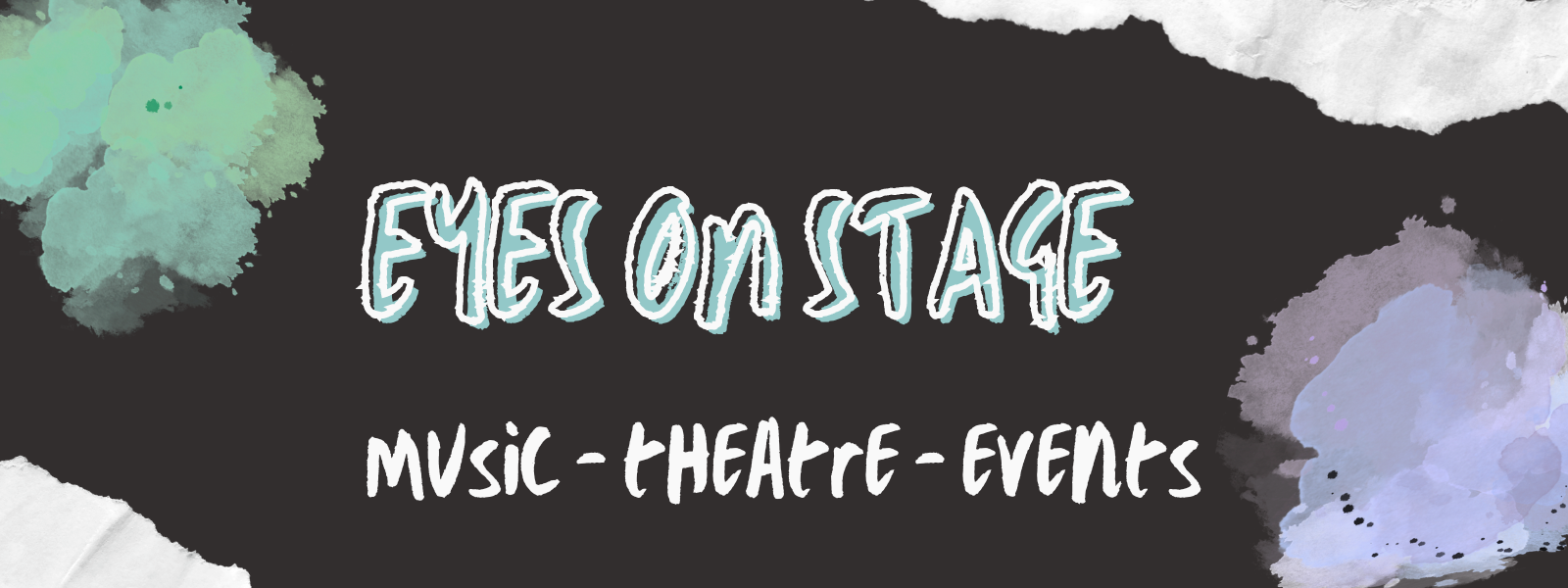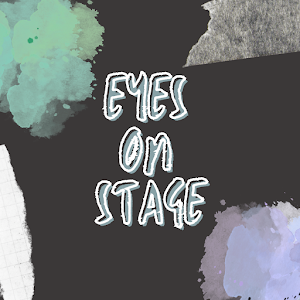So when I had the opportunity to interview Hannah Begbie, author of the latest Mumsnet book club book Mother, I jumped at the chance. It took me so long to whittle down my questions and I can honestly say that I loved reading Hannah's answers. She's definitely inspired me to pick up the pen and start writing again.

Your book Mother is all about the struggles of new parenthood. Between IVF treatment and a CF diagnosis, Cath and Dave’s struggles towards being parents are highlighted from the very beginning. What led you to portray parenthood this way in Mother
My youngest son was diagnosed with cystic fibrosis (CF) at 5 weeks of age. In those early months I felt sad and overwhelmed, like my job as a mother – to protect and nurture – had been impossibly compromised. Mother was, in part, inspired by this experience. I dived into my darkest fears and then built the characters and situations that gave form to those fears.
In the book, the diagnosis puts pressure on Cath’s ‘fault-lines’ and really tests the fabric of her marriage to Dave. In more universal terms I was examining how any kind of significant change (such as parenthood) can shine a light on a relationship: how it can reveal your strength and weaknesses both as a person and as a couple.
When we first meet Cath, she has already been through a long and gruelling IVF journey to get her baby. She is already physically and emotionally exhausted when her child is diagnosed. Again, there is something more universal about parenthood buried in these circumstances: that the challenges don’t stop. They evolve, can sometimes overlap and you don’t necessarily get to pick and choose when they come along.
Of course not everyone will see parenthood like this, but Cath’s view is particularly bleak because of the emotional space she is in.
As someone that knows how CF can affect a family, I’m thrilled to finally read a story that raises awareness and highlights the struggles of a family dealing with a diagnosis. I know that CF is something that you have first hand experience in, was it easy to separate home and work to write about it?
I didn’t initially set out to write about CF. I wanted to write a Romeo and Juliet type romance with a high-stakes obstacle to them getting together. At the time I was learning how to manage my son’s environment to keep him as safe as possible from infection. Gradually it occurred to me that the mortal risk of infection in CF was a great way of expressing guilt, sin, and the danger that two emotionally-prone people could cause by being together.
The story was a great joy to write, but it was also emotionally challenging. On the one hand I was drawing on my own grief and experience and on the other I was facing my most extreme fears and giving them form, while making sure they came from an authentic place. There were times I felt very sad and confused.
And yet, Cath’s story felt urgent and important so that energy pulled me through everything.
It was quite refreshing to read about how parenting isn’t perfect. Especially in the early days. Cath and Dave’s reactions are both polar opposites and it’s easy to see why both think they are doing the right thing for Mia. Did you draw upon any of your own experiences as a mother?
I think parenthood can be both battlefield and playground for lots of couples. It’s an experience that can remind you of shared values and strengths. It is also one that probably necessitates you to reach an agreement on everything from the practical to the emotional side of raising a child when you may not agree on any of those areas.
The different ways in which each part of a couple behaves under pressure really interests me: Does a difference in approach and response necessarily have to be a bad thing? And where do those differences stop being helpful and start becoming isolating?
It turns out that Cath and Dave’s differences forced them into opposite corners and stopped them from communicating.
Mother was a book that honestly made me question my own moral compass as I was reading through Cath’s thoughts and actions. It had me thinking about it even when I wasn’t reading it and long after I had closed the last page. Was this moral dilemma a key plot point that you wanted your readers to think about?
I actually wanted readers to consider whether they were judging her decisions and, if so, why. How much of that judgment is to do with her gender, her role as mother or the fact that her responses sometimes make her unlikeable?
This is about a woman who, in her grief stricken and delusional state, wants desperately to escape from a reality that she simply finds too painful. The moral dilemmas she faces and the decisions she makes always felt to me like they came from her historic fear of pain, coupled with the seismic changes that motherhood brings to your identity. Under it all, she is terrified at the thought of losing her baby. She is a woman in crisis. I tried to get under her skin, to explain a past and present that lead to some questionable actions. I don’t always necessarily agree with what she does but I do empathise with her.


For me, It’s got a real sense of star crossed lovers in the wrong place at the wrong time in a sort of Romeo and Juliet-esque way. Cath was a character that I felt so conflicted over throughout the whole story. On one had I wanted to see her happy, but on the other I was scared for her. How did you feel as a mother writing about Cath and Richard’s actions?
As a mother I just want to give Cath a big hug and help her to believe in herself a bit more. I don’t think she’s confident in her ability to handle challenges and probably needs a bit of mothering and encouragement in that area. I also want to steer her away from Richard. And as for her actions; they are the product of someone under profound stress who can’t see another way out. I feel really sad for her but I also think she comes out of it a stronger person.
I saw Richard as a false beacon of hope throughout the whole book. It felt like his sense of optimism was what Cath needed, but it was for his own benefit too. A bit like how the Wizard is portrayed in the Wizard of Oz. By the end of the book I felt sorry for him more than I did angry. Was this always how you wanted him portrayed?
Yes, and your description of him is so accurate. He was fascinating to me because he really embodies something that I find endlessly interesting: the capacity we humans have to tell ourselves stories. Sometimes, things are so painful that the only way to cope is to deny or lie to ourselves.
For Cath, it was important to have Richard, and her false hopes, knocked off a pedestal. She needed to move past denial and self-delusion, toward an acceptance of her situation. That acceptance was the only way she could be the mother that Mia needs her to be.
Richard, on the other hand, is a cautionary tale for being stuck in the amber of denial for too long.
In my review I spoke about how it felt that Cath, Dave and Richard were all grieving in different forms. Whether that’s the parenthood they had wished for, the relationships they craved or just the life they knew before. Was that an element that you wanted to stick out for readers?
Yes. The three of them have in common that they are grieving a life they’d believed they would have – one in which their child wasn’t sick with a life-limiting disease. Who might they have been had that not happened? How can they find a way to live with it without mourning the other-life version of their self? Cath is grieving the vision of babyhood she waited on for so long and just hurtles into distraction because the pain of loss is too much. Richard can’t accept what’s actually happening in his life so opts for a kind of anesthetising fiction. And Dave I think finds himself grieving the version of his wife that died the day their child was diagnosed. He keeps hoping things will change
They grieve ideas, dreams and identities which, I think might be something new parents can relate to, albeit in less dramatic and traumatic terms (I hope). You can find yourself grieving your old life while the new one takes root.
I loved how perfectly imperfect everything was in the story, and how the ending didn’t have a resolution. It was totally unexpected, but also brilliantly played too. What made you opt for the ending that you did?
I wanted Cath to come face to face with her fear; to chase it down and make a kind of accommodation with it, so she could move on. I came up with that moment early on in the development process so I knew quickly that it was a story about coming to terms with something. I knew that every beat had to lead to that moment.
In my experience, coming to terms with something, and the nature of grief itself, aren’t necessarily linear or finite. I wanted an ending that expressed that truth for my character, but that was also redemptive and hopeful for her.
When I think about Cath now I am always left feeling hopeful. I feel like the experience made her into the adult and mother she needed, and ultimately wanted, to be. She understands now what she has to offer both her child, and the world. In a way, she understands her identity better than she ever has done before.
Finally, reading this book made me wish that it could be adapted into a TV series or film. It’s such a gripping read that I wanted to visualise it too! Who would you love to see as your dream cast if it was ever made?
There are some amazing actors and actresses out there who could do an exceptional job. I’ll leave those decisions to the writer and production company though. I used to work in film and TV and have always written scenes as if they were playing out on a stage or a screen. Everything I write has certain colours associated with it: the weather, the clothes and the mood of Mother were all on a spectrum of yellow, grey, midnight blue and black (the same palette my publisher used to design the jacket). My current book is more luminous green, shocking pink and tangerine orange but with grey again. Perhaps because ‘it’s a grey area’ is a favourite phrase of mine.
Thank you so much Hannah for answering my questions! I've loved reading all your answers. Mother is available at all good book shops online and in store, and to read my review of the story click here.





No comments